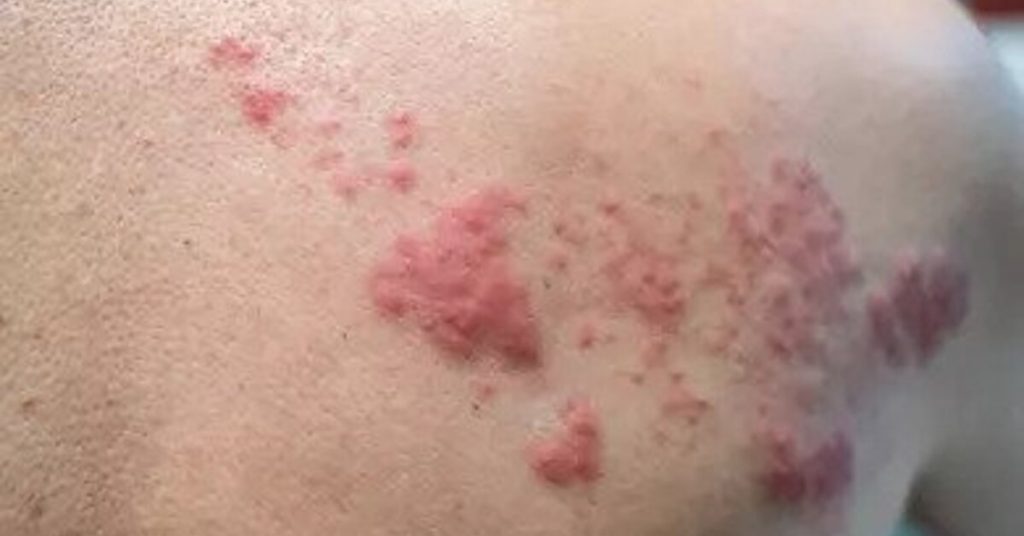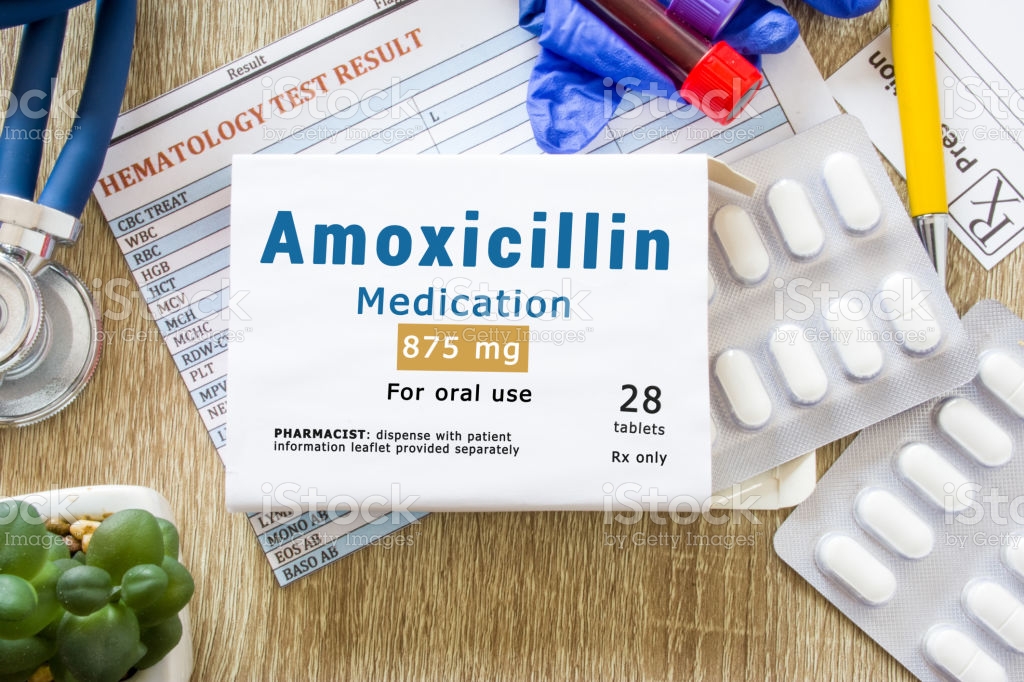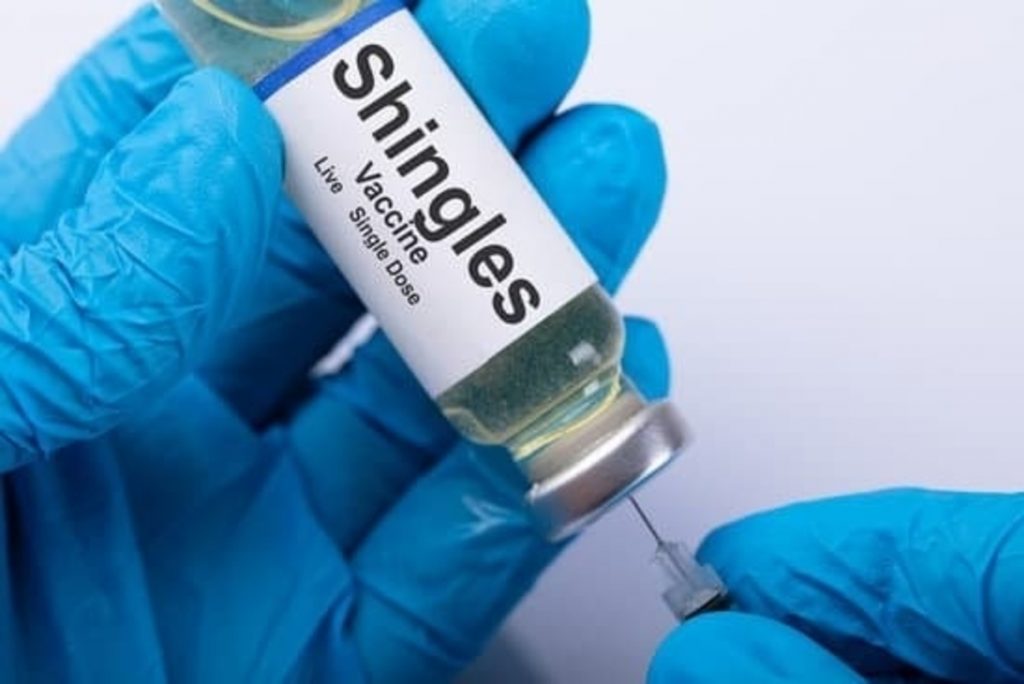What Are The Causes, Symptoms & Treatment of Herpes Zoster (Shingles)
August 24, 2020
0 Comments
Explore More
Diabetes Mellitus – Types, Symptoms, Treatment & Diet Plan
August 2, 2020
0 Comments
What is Diabetes Mellitus? Diabetes Mellitus is a disease group that affects how your body uses glucose. It can affect various organs of the body like the kidneys, feet, eyes
What are the ACIP recommendations for Adult Vaccination
August 20, 2020
0 Comments
What are the recommendations for vaccinations in the adult population ? In the U.S., vaccines have greatly reduced or eliminated many infectious diseases that once routinely killed or harmed infants,
Endomedcare Joining Hands with HealisHealth
February 4, 2022
0 Comments
Endomedcare joining hands with Healis health



